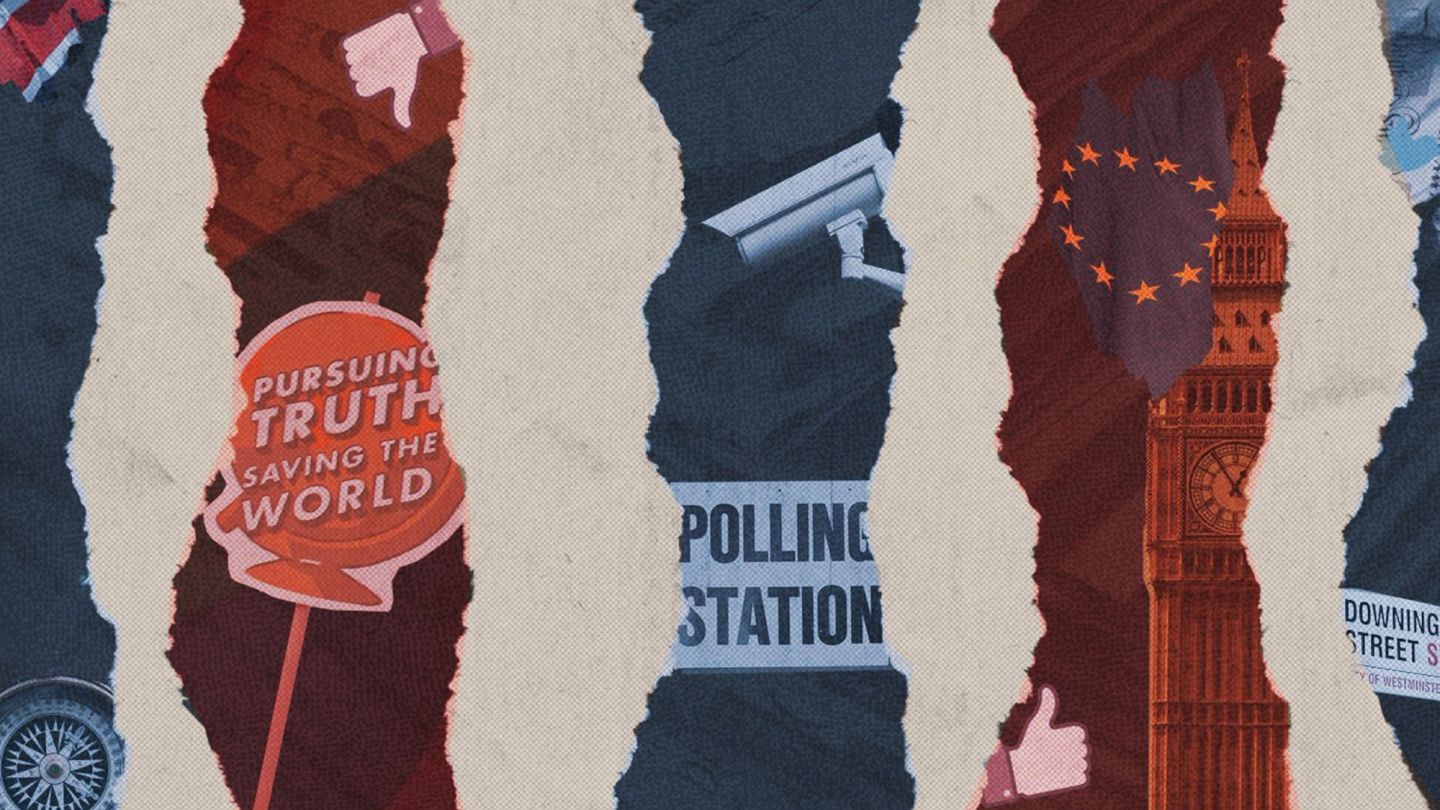

The Week in Westminster: The General Election 2019 results
Your need-to-know guide to this week's UK political happenings
Words: Zoe Dickens
Illustration: Laura Redburn
So there we have it gents. After months of build up, campaigning and controversy we now know that a majority Conservative government will lead the UK for a potential term of up to five years. But, with polls showing a tight race right up until the last moment and predicting a hung parliament, what happened? Read on as we dive into the results of the 2019 General Election.
Winners and losers
Obviously the biggest winners in this election race were the Conservatives. The party took 43.6% of the vote resulting in 364 seats and a comfortable majority of 79 seats. This is a 47 seat rise on the party’s 2017 election results – many of which came from traditionally Labour constituencies – and paves the way for a Brexit deal negotiated along party lines.
The SNP also had a strong showing, taking 48 of the 59 available Scottish seats and narrowly avoiding leader Nicola Sturgeon having to make good on her promise to swim naked in Loch Ness if the party reached 50 seats. This 13 seat gain puts the party in an incredibly strong position to demand a second Scottish independence referendum – a request that had, in fact, already been made by Sturgeon mere hours after the results were announced.
The night’s biggest loser was, of course, Labour. The party walked away with 203 seats – 59 less than it took in 2017. The biggest blow to the party came in the crumbling of the so-called ‘red wall’ – a number of former mining constituencies that have traditionally steadfastly supported Labour – while it also lost six of the seven seats it held in Scotland to the SNP.
There were also some devastating losses in the Lib Dem camp, losing 10 of its 21 seats, including that held by leader Jo Swinson. Swinson immediately stepped down as party leader saying the result was “hugely disappointing” but that she was proud of her party’s “openness, generosity and hope”. It is the second worst performance from the party in its 31-year history and, given the Lib Dems were polling above 20% just a few months ago, will likely cause a forensic examination of just how its campaign went so disastrously wrong.
So what happened?
When exit polls were revealed at 10pm on election day – predicting an even more dramatic Tory victory than came to pass – the knee jerk reaction from pundits and commentators was to point the finger squarely at Jeremy Corbyn, highlighting a number of key differences between this campaign and the 2017 election in which he led the party to a much better than expected result.
In the face of Johnson’s repeated, highly simplistic ‘Get Brexit Done’ message, the Labour middle ground took more explanation and had no easily digestible sound bite for a country looking for clarity. This is a narrative that played out across the campaign, with the Tories focusing on a few key policies and playing it relatively safe while Labour presented a multiplicity of promises that many deemed unrealistic, for example, its free broadband for all pledge.
However, before any results were even announced, many insiders were grumbling about whether this election had actually ever been a fair fight – particularly in the way it played out in the media. While Corbyn was criticised for his inability to charm the press, it would be remiss to point out that, unlike Johnson, he did at least face them. Johnson hid from the media both metaphorically – in his refusal to submit to interviews by Andrew Neil and Julie Etchingham – and physically by retreating into a fridge to avoid questioning by Piers Morgan.
There have also been some serious questions raised over how the BBC – the UK’s most influential broadcaster – has handled its coverage of the election. Although funded by the government via taxpayer money and the TV licence, political impartiality is a key pillar of the BBC and one which many feel it has not upheld in this election cycle. This criticism came to a head on Tuesday when two separate events appeared to show heavy Tory bias. In the first, a presenter offering live political commentary remarked on the outcome if “Boris Johnson receives the majority he so deserves”. In the second, political editor Laura Kuenssberg revealed that the results of postal votes were not looking good for Labour. Given that postal votes are supposed to be counted alongside polling station votes and only verified in advance, this information was either made up or obtained and shared illegally and released on TV in a manner deemed harmful to the Labour campaign.
What happens next?
While the Lib Dems start their hunt for a new leader, Corbyn has said that, while he will not lead the party into another general election, he will not immediately step down but instead stay on for a process of reflection within the party.
Johnson, meanwhile, has a busy time ahead. There will be a small cabinet reshuffle on Monday before it’s all systems go on bringing his Brexit deal back to parliament. Throughout his campaign Johnson promised to take the UK out of the EU by 31 January. In order to do that withdrawal bill legislation will have to go before parliament before Christmas, with talk of the Commons sitting on the Saturday before Christmas and the Lords sitting between Christmas and New Year. The timing is tight but it is just possible he might deliver.
Of course, it remains to be seen what kind of deal will be presented now Johnson has a comfortable majority. Although he’s been promising a hard deal, many experts believe a pivot to something softer may be possible, and questions around the length of the transition period still hang in the air.
Regardless of the timeline, it is clear that politics in the UK isn’t likely to get any less dramatic in the coming months. Be sure to check back next week for the latest instalment of The Week in Westminster.


